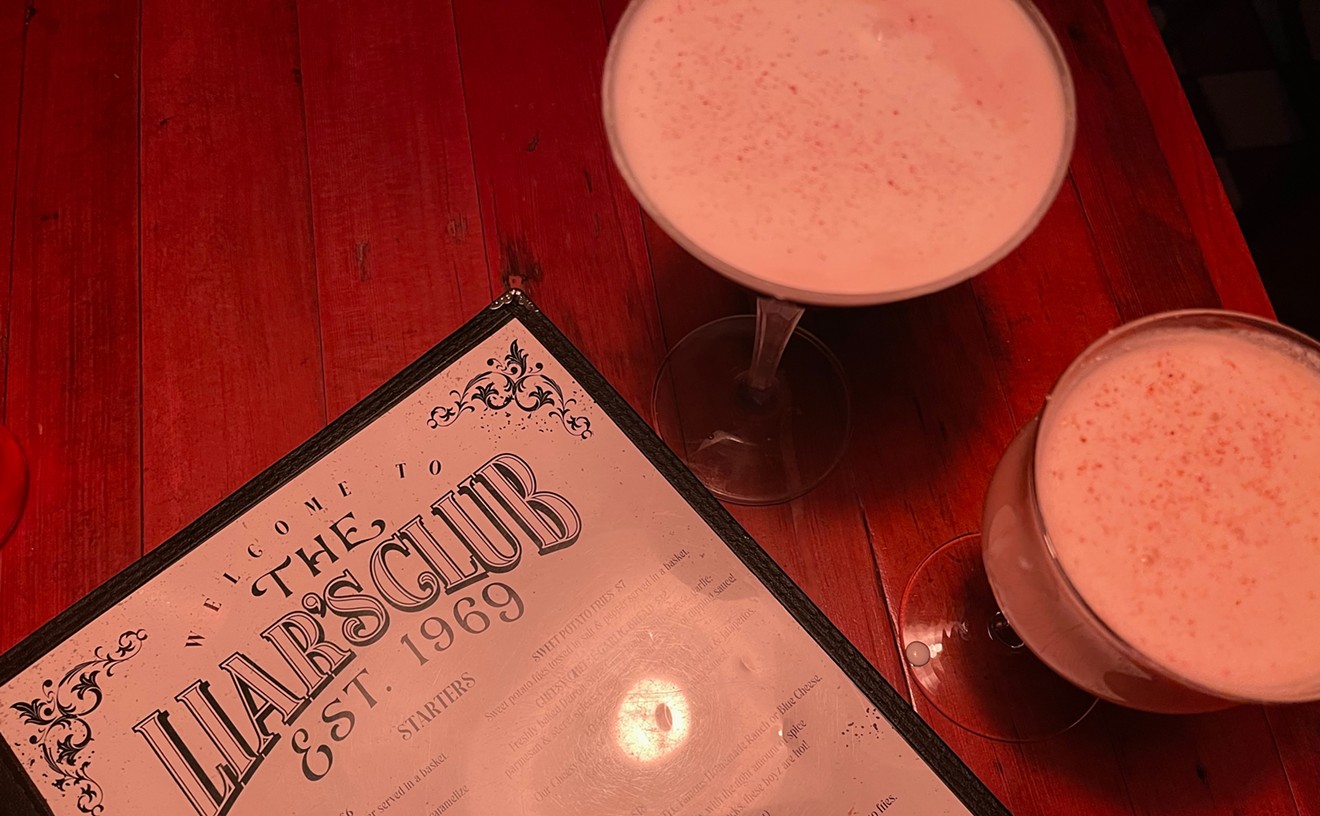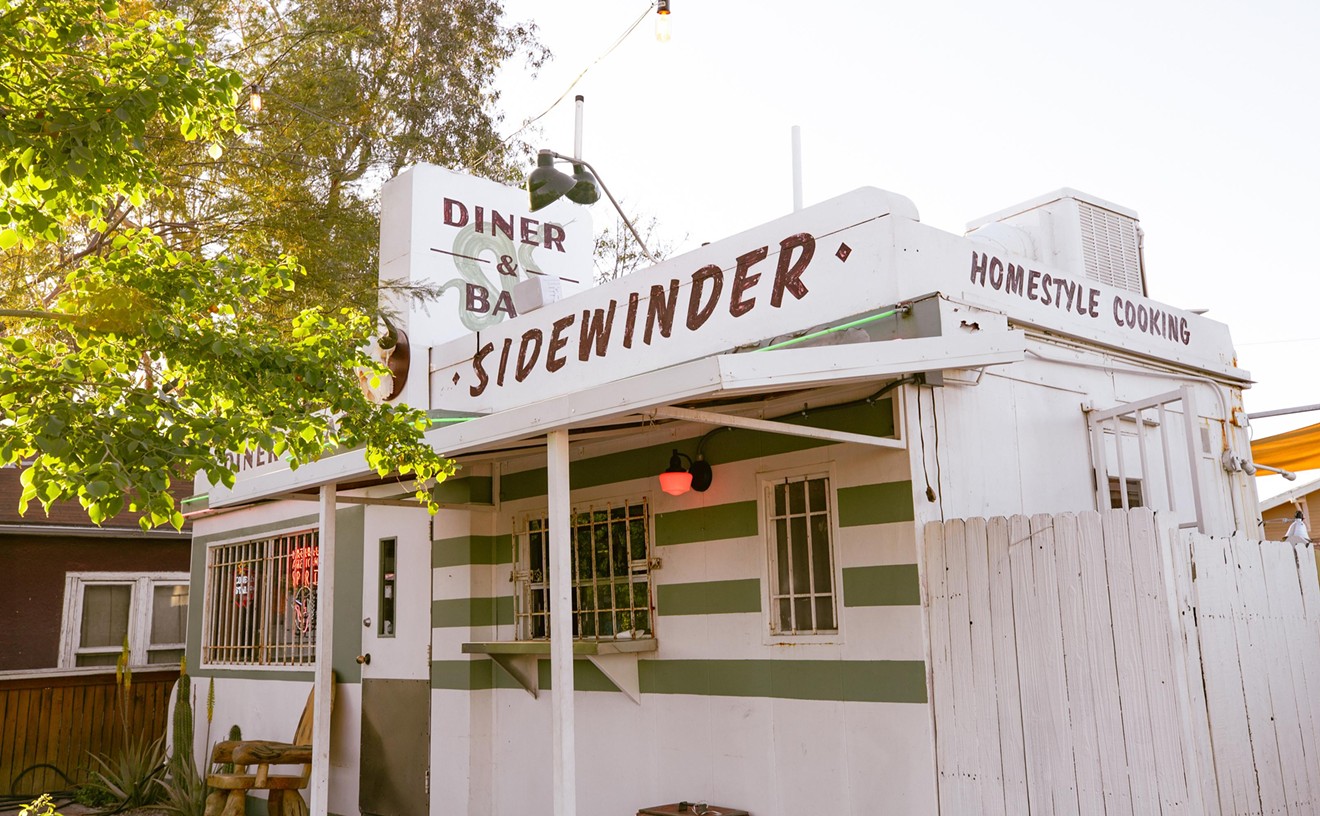Spike Lee returns to the Brooklyn neighborhoods of his most famous works — including the celebrated Do the Right Thing — with Red Hook Summer, and an early shot suggests that this trip home has reinvigorated the director. Tracking his protagonists as they navigate a courtyard in the projects, meeting and greeting a wide variety of inhabitants (including his own iconic pizza-delivery man, Mookie) in a sustained single take, Lee potently expresses, both aesthetically and narratively, a sense of inclusiveness and diversity.
That early moment of formal inspiration, however, isn't wholly indicative of the remainder of his film, an alternately evocative and lumbering portrait of a multifaceted community that focuses on Flik (Jules Brown), a prep school 13-year-old Atlanta native sent by his mother to spend the summer in the titular neighborhood with his grandfather Bishop Enoch (Clarke Peters), a man of staunch faith who finds in Flik a soul in need of saving. Having lost his father in Afghanistan, Flik doesn't believe in God and bristles at his church duties and Enoch's endless Biblical quotations, preferring instead to engage his new environment through the camera of his ubiquitous iPad 2. As such, Flik serves as our proxy to this world and slowly integrates himself into a milieu that encapsulates the myriad issues facing 21st-century African-Americans.
Those issues include financial hardship, gentrification, crime, religion, media, and the importance of family, all of which are tied to a story steeped in issues of forgiveness, hypocrisy, and redemption. Lee is after an all-encompassing panorama filtered through a coming-of-age tale, and his ambition is, at least initially, invigorating, as the portraits he paints of his many characters are as vivid as the bright, saturated hues of Kerwin DeVonish's cinematography.
Almost immediately after touching down in Red Hook, Flik finds himself enmeshed in Enoch's universe, populated by Sister Sharon (Heather Simms), for whom Enoch has a not-so-subtle attraction; Deacon Zee (Thomas Jefferson Byrd), a boozer who rails about missed stock market investment opportunities; Box (Nate Parker), a dangerous, drug-dealing wanna-be rapper; and Chazz (Toni Lysaith), Sharon's younger daughter, who threatens to tattle on Flik for munching on church potato chips (Enoch won't let him eat the vegan food he brought from home) before developing into his friend and first romantic crush. Lee defines these and many other players in quick, sharp snapshots that enhance Red Hook Summer's genuineness, creating an air of roiling passions, tensions, and desires, which seem to grow less out of melodramatic contrivances than out of the real, pressing experiences of everyday people trying to carve out paths for themselves.
That naturalness, unfortunately, is mitigated by a script whose theatrical speechifying becomes an increasing drag, such that even Sharon's forceful argument to Enoch about the primary importance of parents in kids' upbringing — a rebuke to the bishop's conviction that God must take precedence above all else — feels like a dull statement of purpose. And it's also dissipated by the mannered performances of young leads Brown and Lysaith, who are just able to hold their own in the presence of accomplished adult co-stars but, in their many scenes together, stumble badly into affectation, with Lysaith in particular making every spoken word sound rehearsed, devoid of convincing rhythm or inflection.
Still, their gawkiness is countered by a fierce turn by Peters, whose sweaty fervor and big-hearted benevolence defines the spirit of Red Hook Summer. Striving to inspire his flock with a zeal that's inflexible to the point of alienating, Enoch is a man of noble intentions, whose single-mindedness comes from a place of good, even if the bombshells that rock his and Flik's world ultimately reveal him to be deeply flawed.
Inner conflict is at the heart of Red Hook Summer, and it extends to its very construction — for every theme that Lee handles through exposition rather than plotting, there's another conveyed through purely aesthetic means (with the ever-present soundtrack segueing from modern to religious music). In Lee's hands, Red Hook is depicted (as well as labeled overtly through dialogue) as both a place of God's glory and of death, and his visuals are similarly at odds with one another, alternating between evocative handheld and self-consciously expressionistic, grainy home-movie interludes, which reach a crescendo during a rainbow, graphic-enhanced music-video coda.
Red Hook Summer never matches the smoldering hothouse atmosphere of Lee's Summer of Sam, but its narrative shagginess and raging emotions nonetheless drum up fear. It's a forceful film whose ungainliness can be vexing. Like Enoch's boisterous sermons about contemporary trials and tribulations, the film addresses its chosen topics in a fiery but wobbly list-making fashion. And yet in its messy mix of authenticity and awkwardness, bluntness and elegance, the film also proves to be just like its adolescent protagonist: striving, in its own clumsy but earnest way, toward romantic, spiritual, and philosophical maturity.










